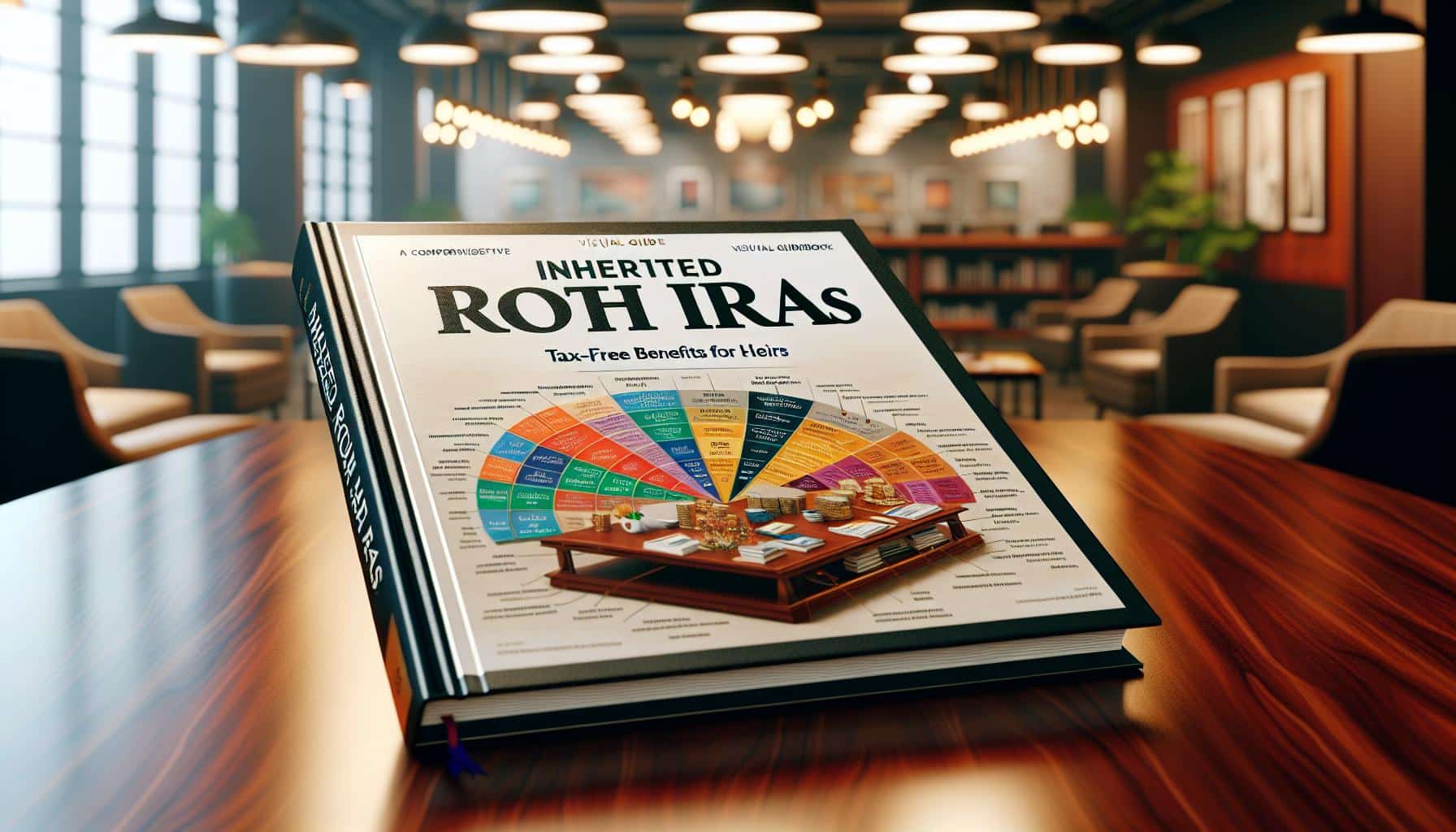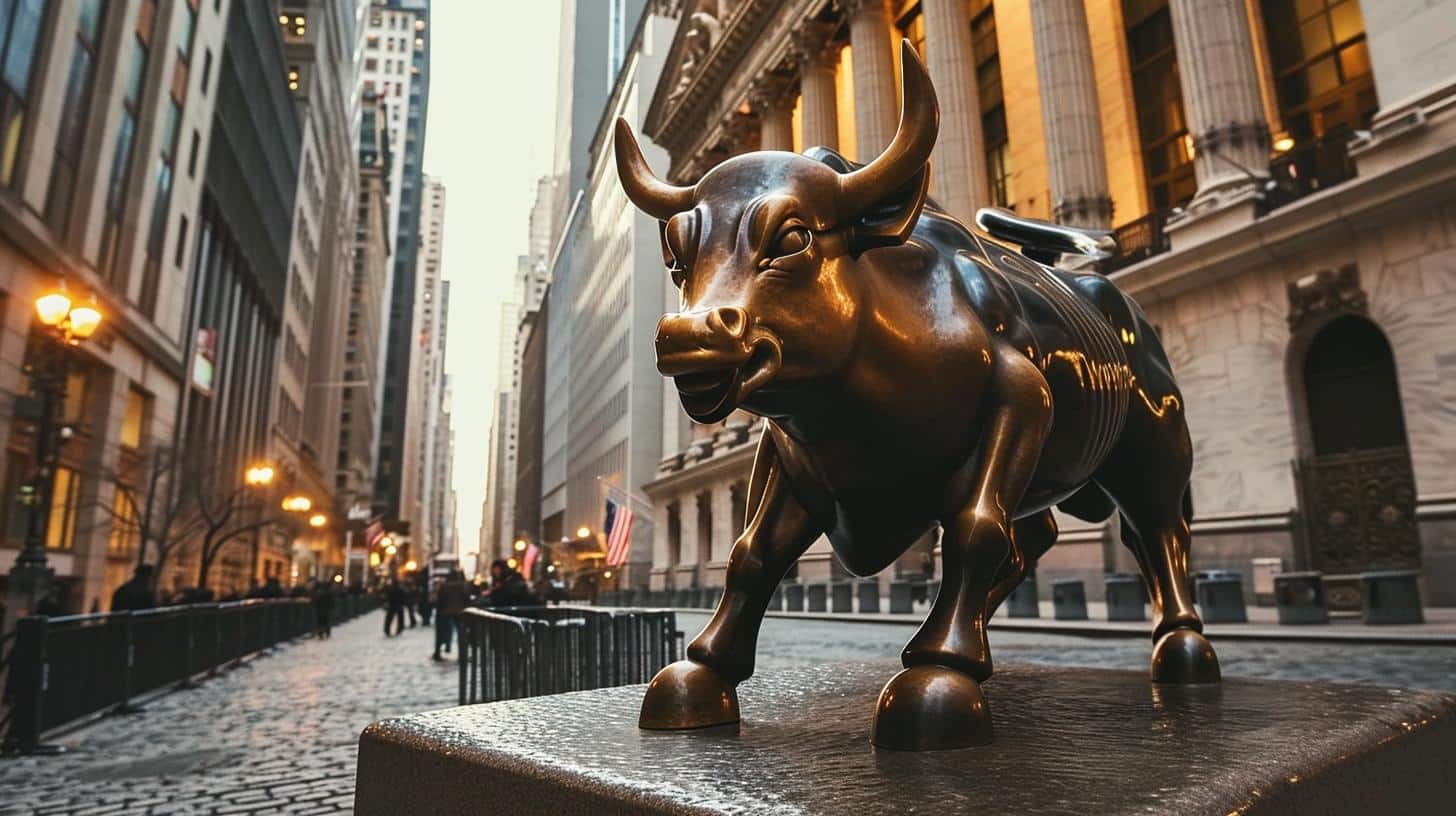Motion Picture Association Demands OpenAI Take Action on Sora 2 Copyright Issues
The Motion Picture Association (MPA) has formally urged OpenAI to implement immediate and decisive measures to curb copyright infringement on its recently launched AI-powered video creation tool, Sora 2. The platform has seen a surge in user-generated content featuring unauthorized use of characters and scenes from major films and television shows. MPA CEO Charles Rivkin highlighted the problem in a statement, noting that since the release of Sora 2, videos infringing on MPA members’ intellectual property have proliferated both on OpenAI’s platform and across social media channels.“Since Sora 2’s release, videos that infringe our members’ films, shows, and characters have proliferated on OpenAI’s service and across social media,” said Charles Rivkin, CEO of the Motion Picture Association.
OpenAI Responds with Planned Rights Management Adjustments
In response, OpenAI CEO Sam Altman acknowledged the concerns in a blog post, revealing plans to shift from an opt-out to an opt-in system for copyrighted characters on the Sora platform. This change aims to provide rightsholders with more granular control over the use of their intellectual property in AI-generated content. Altman, however, warned that despite these efforts, some unauthorized uses may still occur during the platform’s ongoing refinement.“There may be some edge cases of generations that get through that shouldn’t, and getting our stack to work well will take some iteration,” Altman wrote.
Industry Leaders Stress OpenAI’s Responsibility to Prevent Infringement
Despite OpenAI’s assurances, the MPA insists that the onus remains firmly on OpenAI to prevent infringement rather than on content creators to police their own intellectual property. Rivkin emphasized that established copyright laws protect creators’ rights and must be enforced by platforms enabling content generation. OpenAI has yet to provide further comment on the MPA’s demands.Examples of Copyrighted Content on Sora 2
The controversy ignited soon after Sora 2 users posted videos depicting well-known characters in unauthorized scenarios, such as James Bond playing poker with Altman and Mario evading law enforcement in bodycam-style footage. These clips quickly circulated on social media, amplifying concerns over intellectual property misuse.Broader Copyright Challenges Amid Generative AI Expansion
The rise of generative AI technologies has intensified debates over copyright enforcement. Earlier this year, major studios including Disney and Universal filed lawsuits against AI image generator Midjourney for unauthorized use of their characters. Disney also issued a cease-and-desist to AI startup Character.AI over similar concerns.FinOracleAI — Market View
The dispute between the Motion Picture Association and OpenAI over Sora 2 underscores the growing tension between content creators and AI developers. As generative AI tools become more sophisticated and accessible, the risk of intellectual property infringement escalates, posing significant legal and reputational risks for AI companies.- Opportunities: Implementing robust rights management systems can enhance trust with content creators and regulators, potentially fostering partnerships.
- Risks: Failure to adequately prevent infringement could prompt costly litigation, regulatory scrutiny, and damage to OpenAI’s brand.
- Market Reaction: Investors may view OpenAI’s proactive controls positively but remain cautious about ongoing legal challenges in the AI content space.













